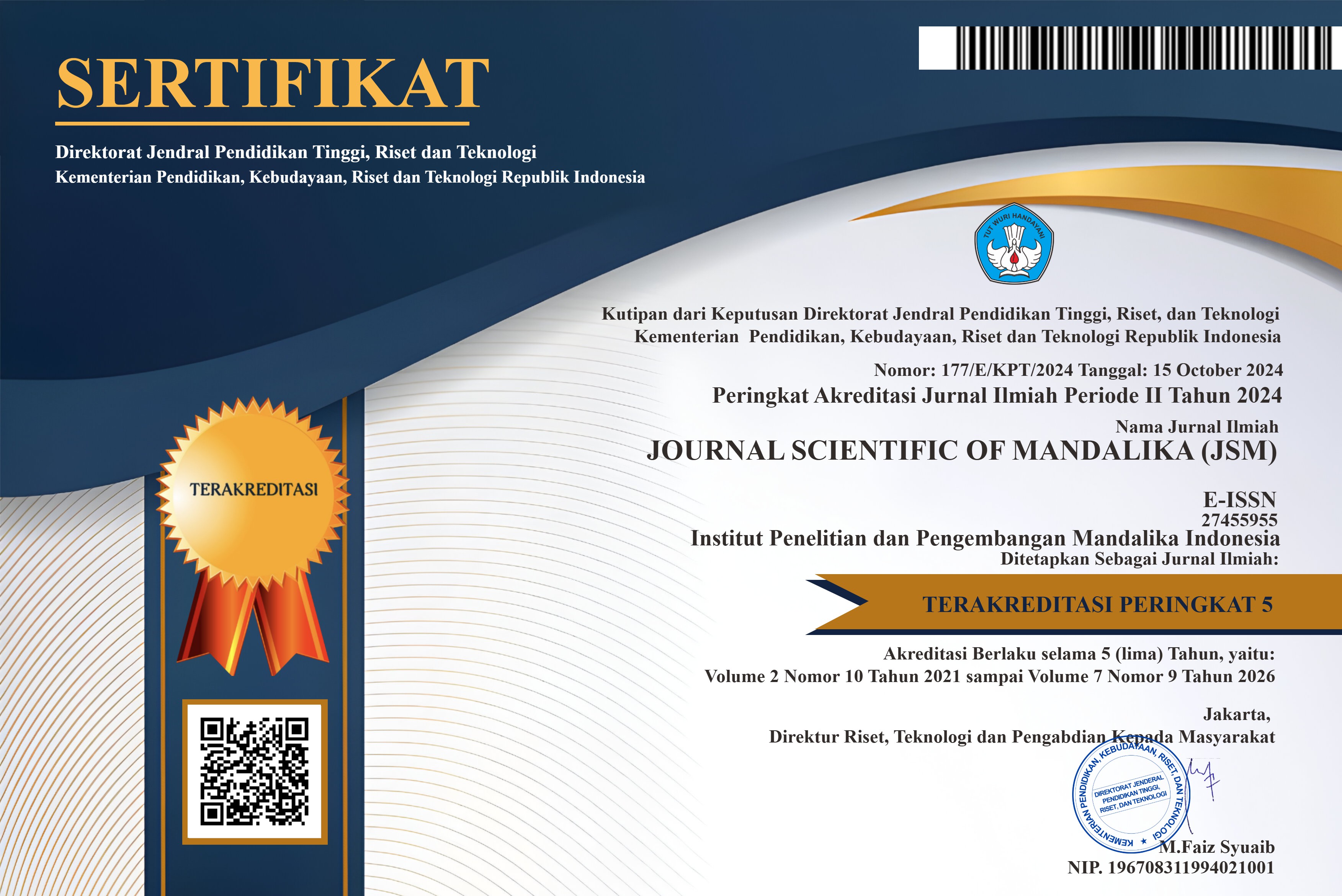Kapitalisme Budaya dan Industri Media: Komodifikasi Konten dan Nilai Sosial di Era Digital
Abstract
In the digital era, the media industry has undergone a significant shift due to cultural capitalism that makes content the main commodity. Algorithms and economic interests dominate the distribution of information, prioritizing profit over social value. This research aims to analyze the phenomenon of cultural capitalism in the digital media industry and understand the mechanism behind the process and impact of commodification of content and social values on society. This study uses qualitative analysis, with content analysis and critical analysis methods and uses the theory of Antonio Gramsci's Hegemony Theory (1971), Dallas W. Smythe's Commodification Theory (1977) and Christian Fuchs' Information Economy Theory (2014). Meanwhile, the media's political economy approach in the framework of a critical paradigm is also used which allows for an in- depth analysis of the power structure in the media industry. The results show that cultural capitalism in the digital media industry reflects how audience attention and data are commodified by digital platforms for economic gain, with algorithms that direct content consumption to increase engagement and profits.
The commodification of content in the digital media industry has shifted social and cultural values into commodities controlled by economic mechanisms, especially through viral trends and phenomena. Digital platform algorithms are increasingly driving the creation of entertainment- and monetization-oriented content, often obscuring the true meaning and quality of the message. The development of the digital media industry has changed people's media consumption patterns to be more flexible and personalized, replacing the dominance of traditional media with algorithm-based digital platforms. However, this change also brings challenges, such as filter bubbles that narrow the diversity of information and shift the role of the audience from passive recipients to active producers in the digital media ecosystem. In conclusion, cultural capitalism in the digital media industry has encouraged the commodification of content, where social and cultural values are often sacrificed for popularity and profit. Digital platform algorithms are further amplifying this trend, leading to the dominance of viral and sensational content and setting aside more weighty content. As a result, media consumption patterns shift in a more personal direction, but it also risks creating filter bubbles that narrow the diversity of information. The implication is that it is hoped that a balance between economic interests and social values in the media industry in the digital era will be created, in order to prevent the dominance of algorithms that lead to excessive commodification and narrowing of information diversity.
Copyright (c) 2025 Ani Purwati, Titi Widaningsih

This work is licensed under a Creative Commons Attribution-ShareAlike 4.0 International License.













